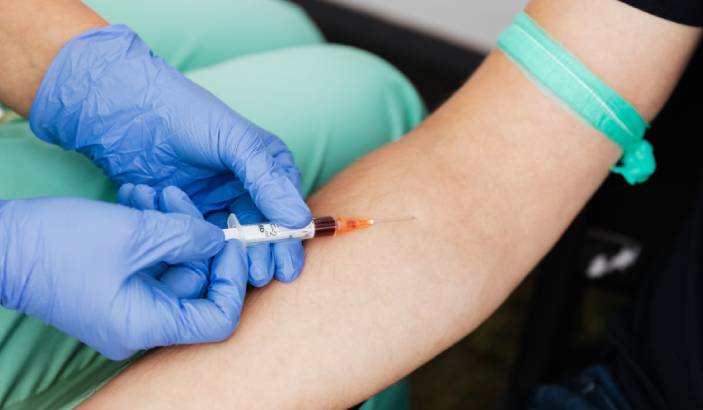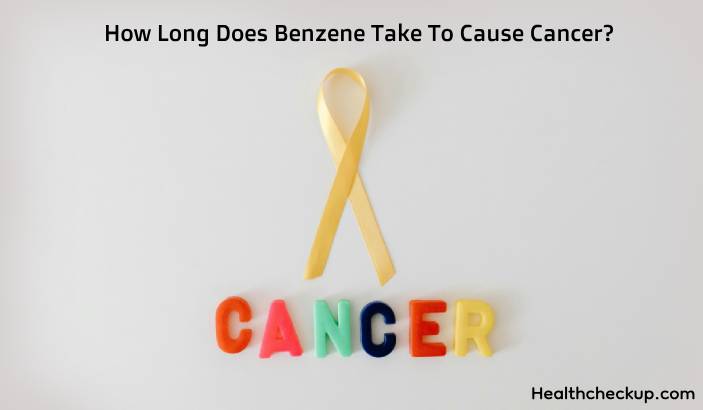Blood collection is an essential part of healthcare. It helps provide important information about a patient’s health and can be used to diagnose and treat many different conditions.
There are two main types of blood collection: venipuncture and arterial puncture. Venipuncture is the most common type of blood collection, and it involves drawing blood from a vein. Arterial puncture is less common and is used to collect blood from an artery.
While both phlebotomists and mobile phlebotomists are trained to perform both venipuncture and arterial puncture, there are some essential differences between the two roles.
In this article, we will explore what phlebotomist and mobile phlebotomist means and what the key differences are between the two roles. So, without further ado, let’s begin!
What is a Phlebotomist?
A phlebotomist is a healthcare expert who specializes in blood collection. They are trained to safely and effectively collect blood from patients through venipuncture and arterial puncture.
Phlebotomists may work in a variety of settings, including hospitals, clinics, blood banks, and research laboratories.
What is a Mobile Phlebotomist?
A mobile phlebotomist is a healthcare professional who specializes in blood collection and travels to patients’ homes or workplaces to collect blood samples.
Mobile phlebotomists are trained to safely and effectively collect blood from patients through venipuncture and arterial puncture. They also have knowledge of basic first aid and CPR in case of an emergency.
5 Key Differences Between a Phlebotomist and a Mobile Phlebotomist
Now that we’ve covered what phlebotomists and mobile phlebotomists are, let’s take a look at the five key differences between the two roles.
1. Setting
One of the biggest differences between a phlebotomist and a mobile phlebotomist is the setting in which they work. Phlebotomists typically work in healthcare facilities, such as hospitals, clinics, blood banks, and research laboratories.
Mobile phlebotomists, on the other hand, travel to patients’ homes or workplaces to collect blood samples.
2. Patients
Another key difference between a phlebotomist and a mobile phlebotomist is the type of patients they see. Phlebotomists typically see patients who are already in the healthcare facility for another reason, such as a doctor’s appointment or a hospital stay.
Mobile phlebotomists, on the other hand, see patients who are not in a healthcare facility. This can include patients who are homebound or have difficulty leaving their workplace.
3. Training
While both phlebotomists and mobile phlebotomists are trained to safely and effectively collect blood from patients, mobile phlebotomists also receive training in basic first aid and CPR.
This is because they may not have immediate access to medical help in case of an emergency.
4. Equipment
Another key difference between a phlebotomist and a mobile phlebotomist is the type of equipment used. Phlebotomists typically use standard medical equipment, such as needles, syringes, and tourniquets.
Mobile phlebotomists may use portable devices, such as lancets and finger-stick devices, to collect blood samples.
5. Hours
The hours worked by a phlebotomist and a mobile phlebotomist can also differ. Phlebotomists typically work during regular business hours, while mobile phlebotomists may work evenings and weekends to accommodate patient’s schedules. This can be a benefit for patients who have difficulty taking time off from work or school to go to a healthcare facility.
In order to find a mobile phlebotomist in your area, you can ask your doctor for a referral or search online. For instance, if you live in San Diego, you can search for “San Diego mobile phlebotomist,” and a list of providers will come up.
Choose the Right Path for You and Your Future
Phlebotomists are an important part of the medical community, and their work is becoming even more vital with the advent of mobile phlebotomy.
If you’re searching for a career in health care, it’s important to understand the difference between these two professions. With the right training and certification, you could be on your way to a successful career as a mobile phlebotomist!








